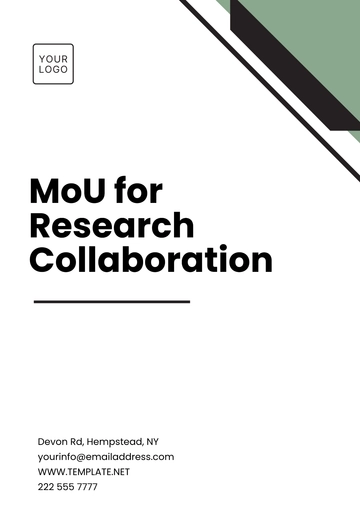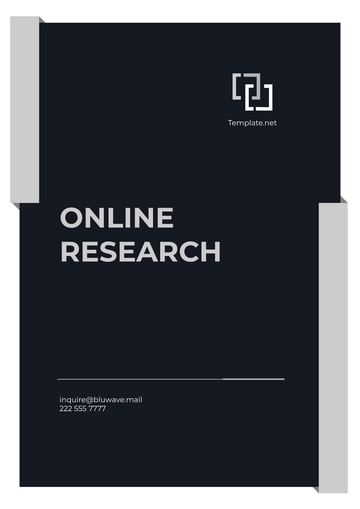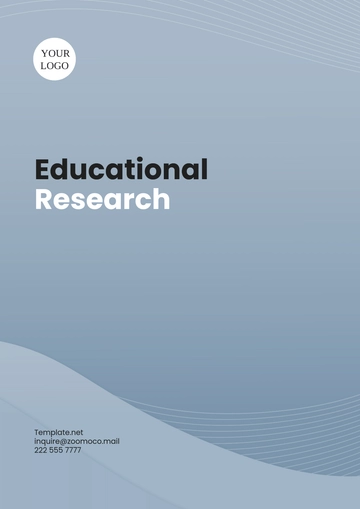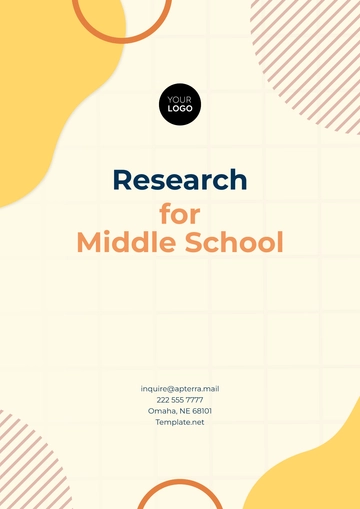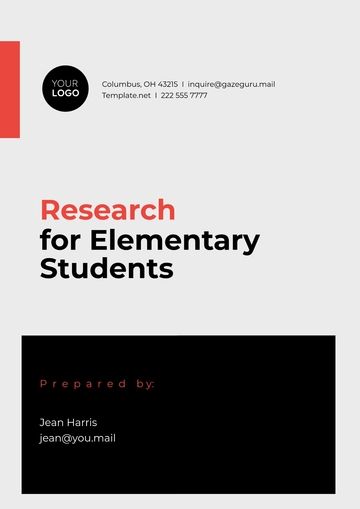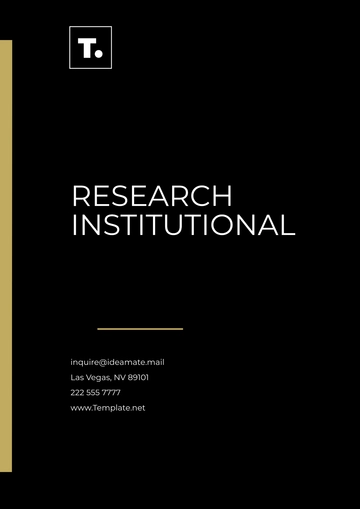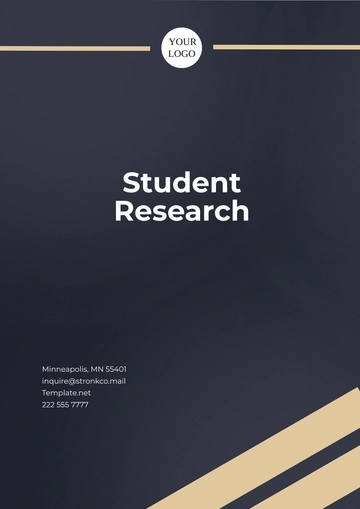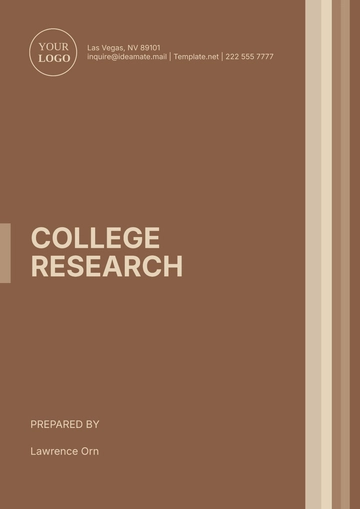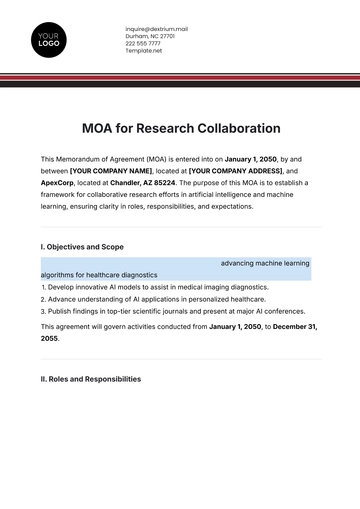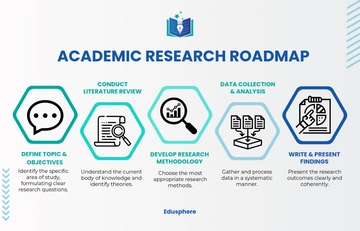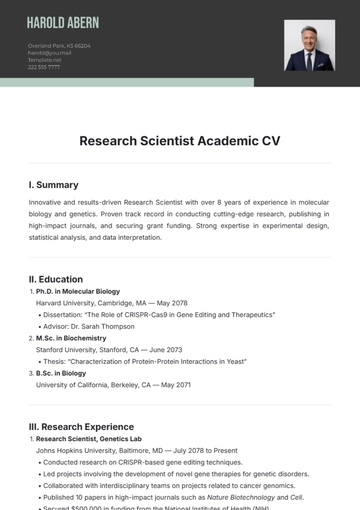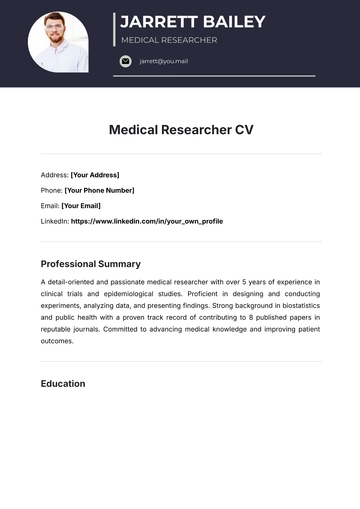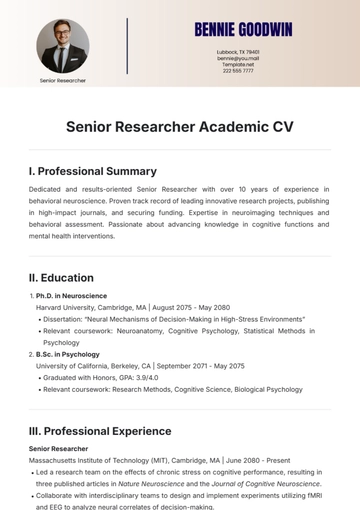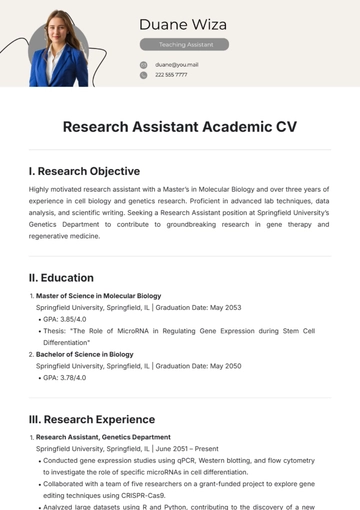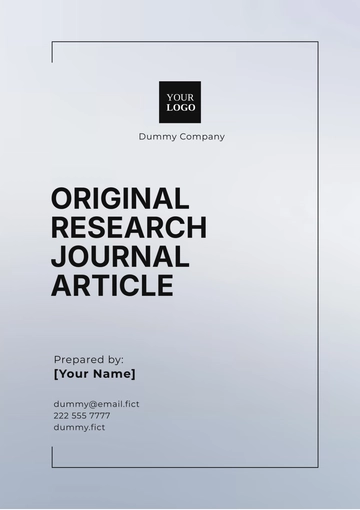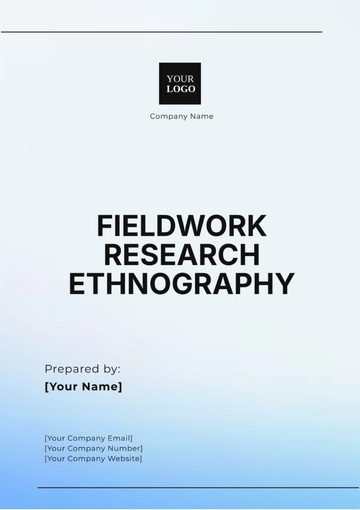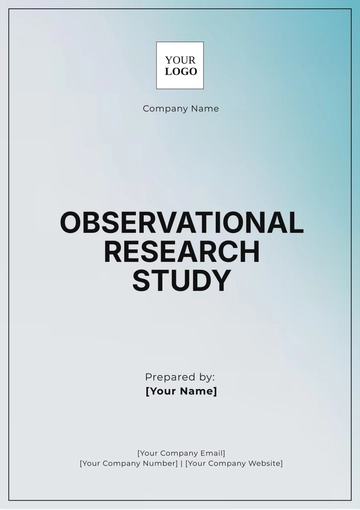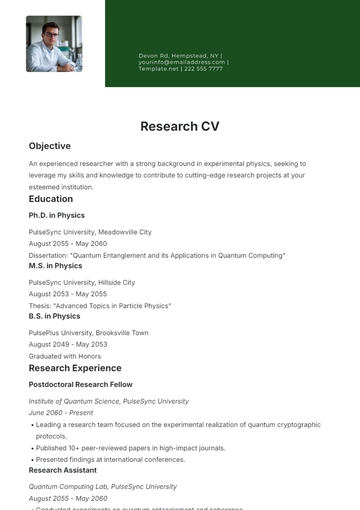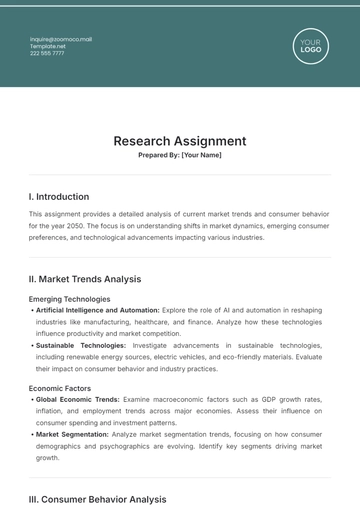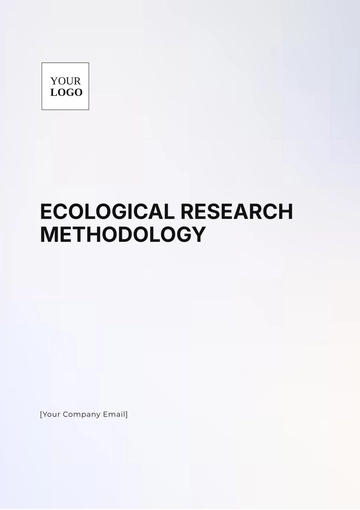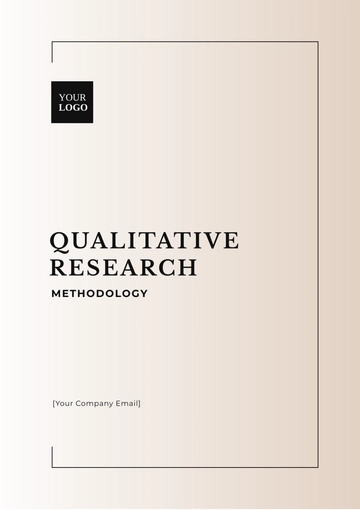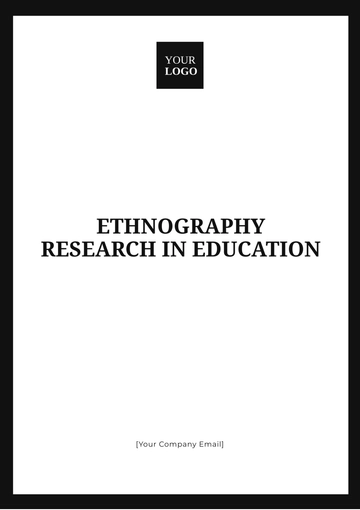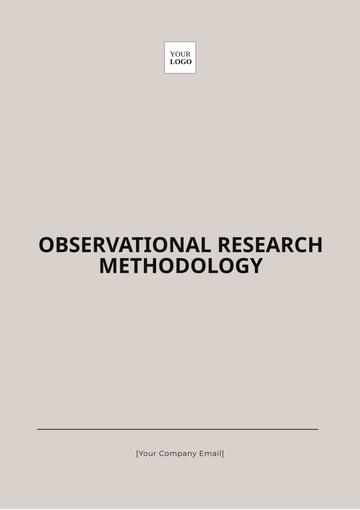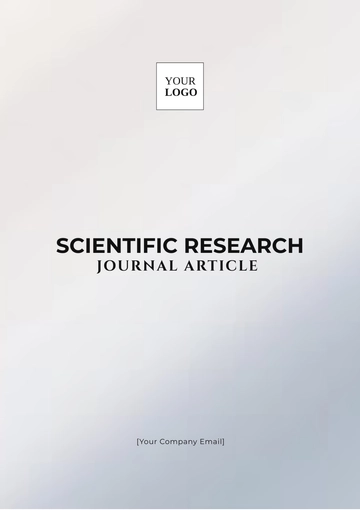Free Research Article

"Exploring New Frontiers in Academic Research: Supporting and Challenging Existing Theories"
Prepared by: [YOUR NAME]
I. Introduction
Academic research serves as the backbone of knowledge advancement, offering insights that can either reinforce or challenge existing theories within various fields of study. This article explores how academic research contributes to our understanding by supporting or contesting established theories and introducing new perspectives.

II. The Role of Academic Research
A. Supporting Existing Theories
Academic research often builds upon established theories, providing empirical evidence that supports or refines existing knowledge. This validation process helps to:
Confirm the Validity: By replicating previous studies and confirming results.
Expand Understanding: Offering new applications or contexts for established theories.
Refine Theories: Making adjustments based on new data or perspectives.
For instance, in cognitive psychology, recent research conducted in 2054 by Dr. Emily Roberts demonstrated how the Dual Process Theory applies to decision-making under uncertainty. This research provided robust evidence that enhanced the theory's applicability and relevance in contemporary scenarios, particularly in understanding consumer behavior in digital environments.
B. Challenging Existing Theories
Conversely, academic research can also challenge established theories, prompting reevaluation and debate. This critical approach is essential for:
Identifying Limitations: Revealing gaps or inconsistencies in current theories.
Encouraging Innovation: Pushing the boundaries of knowledge by proposing alternative explanations.
Driving New Research: Stimulating further studies to address new questions or hypotheses.
In sociology, a groundbreaking study by Dr. Michael Chen in 2056 contested the long-standing Social Learning Theory, leading to significant discourse and subsequent research that explored the impact of digital media on adolescent behavior. This new research proposed that digital media's influence on behavior was more nuanced than previously thought, leading to new models of social interaction.
III. Contributions to the Field of Study
A. Case Studies and Examples
To illustrate the impact of academic research on both supporting and challenging theories, consider the following case studies:
Study | Year | Researcher | Key Findings | Impact |
|---|---|---|---|---|
Supporting Theory of Relativity in Space Travel | 2055 | Dr. Susan Lee | Supported Einstein's Theory of Relativity in practical space travel scenarios | Enhanced theory's credibility and applications in space exploration |
Challenging Classical Conditioning Models | 2057 | Dr. Robert Singh | Challenged Pavlov's Classical Conditioning Theory by highlighting individual variability in learning processes | Stimulated new theoretical models integrating genetic and environmental factors |
B. Future Directions
Looking forward, academic research will continue to evolve and impact the field by:
Embracing Emerging Technologies: Leveraging advancements such as AI and big data to analyze complex data sets and identify new patterns.
Interdisciplinary Approaches: Integrating knowledge from various fields, such as combining neuroscience with behavioral economics to better understand human decision-making.
Global Perspectives: Incorporating diverse viewpoints and cross-cultural studies to enhance the robustness and applicability of theories across different societies.
Researchers in psychology and sociology should focus on these areas to drive future innovations and refine our understanding of both existing and new theories.
IV. Conclusion
Academic research plays a crucial role in the evolution of knowledge by both supporting and challenging established theories. Through rigorous investigation and critical analysis, researchers contribute to a deeper understanding of their fields and foster continued growth and innovation. As we move forward, embracing new methodologies and perspectives will be essential for addressing the evolving questions and challenges in academic research.


- 100% Customizable, free editor
- Access 1 Million+ Templates, photo’s & graphics
- Download or share as a template
- Click and replace photos, graphics, text, backgrounds
- Resize, crop, AI write & more
- Access advanced editor
Elevate your academic writing with the Research Article Template, offered by Template.net. This fully customizable and downloadable template is designed to meet your research needs. It's also printable for easy distribution and editable in our AI Editor Tool, ensuring a seamless experience in crafting professional research articles. Perfect for researchers aiming for excellence.
